
Philip Morris International has reached its global company-wide target to improve gender balance, ensuring at least 40 percent female representation in managerial roles by 2022, according to a company press release.
Jacek Olczak, CEO at PMI, commented, “I am immensely proud of PMI’s vision, commitment and achievement in ensuring equal opportunities are given to all in the workplace, irrespective of gender. Meeting this target demonstrates that our inclusion and diversity strategy is working. Diverse profiles, backgrounds and perspectives allow us to make better and more considered decisions as well as contribute to better and more sustainable performance. I firmly believe that a culture of fairness, inclusion and diversity [is] crucial to PMI’s progress in achieving a smoke-free future and will continue to benefit the company as we become more reflective of our consumer base.”
“What gets measured really does get done,” said Silke Muenster, chief diversity officer. “This was a whole company effort requiring everyone to take responsibility. I am delighted that we have met our target on time but recognize that we still have a long way to go on our diversity, equity and inclusion journey. With this in mind, we have our next gender representation target: 35 percent of women in senior roles by 2025.
“Having a truly diverse workforce is an essential part of our goal to achieve a smoke-free future. I am very proud of the progress we have made to date, and I am confident about achieving more in the future.”
PMI has also been recertified as a global EQUAL-SALARY organization for the second time since 2019 by the independent EQUAL-SALARY Foundation. The recertification verifies that PMI continues to pay female and male employees equally for equal work in the more than 90 markets where PMI operates.
The EQUAL-SALARY Foundation is an independent, nonprofit organization based in Switzerland. The EQUAL-SALARY certification verifies that organizations have sustainable policies and practices to ensure that they pay their male and female employees equally for equal work.

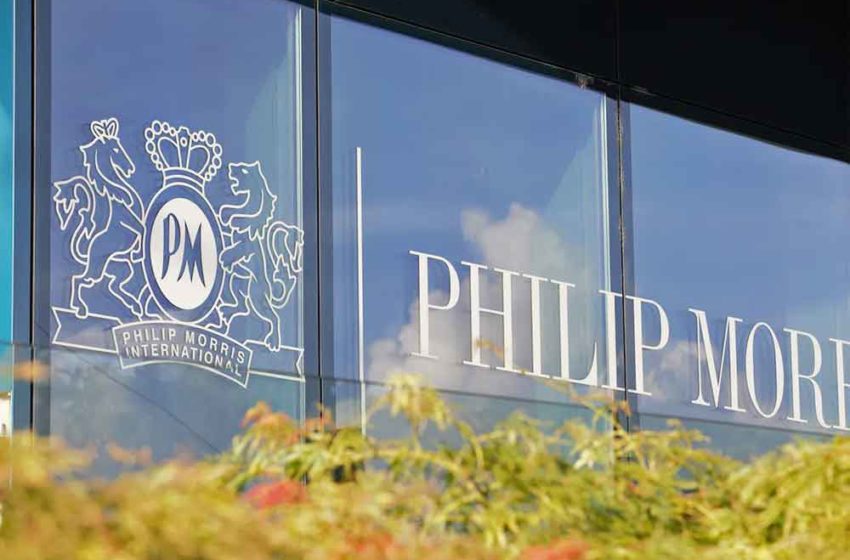
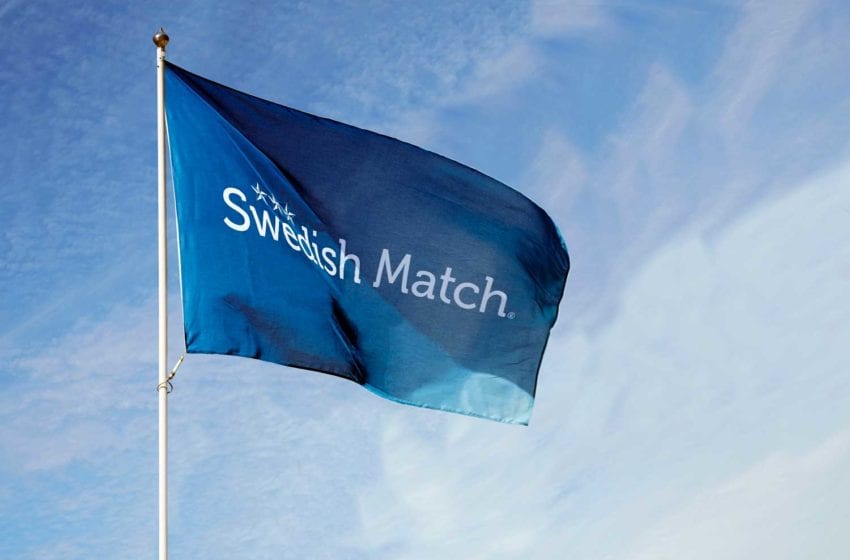
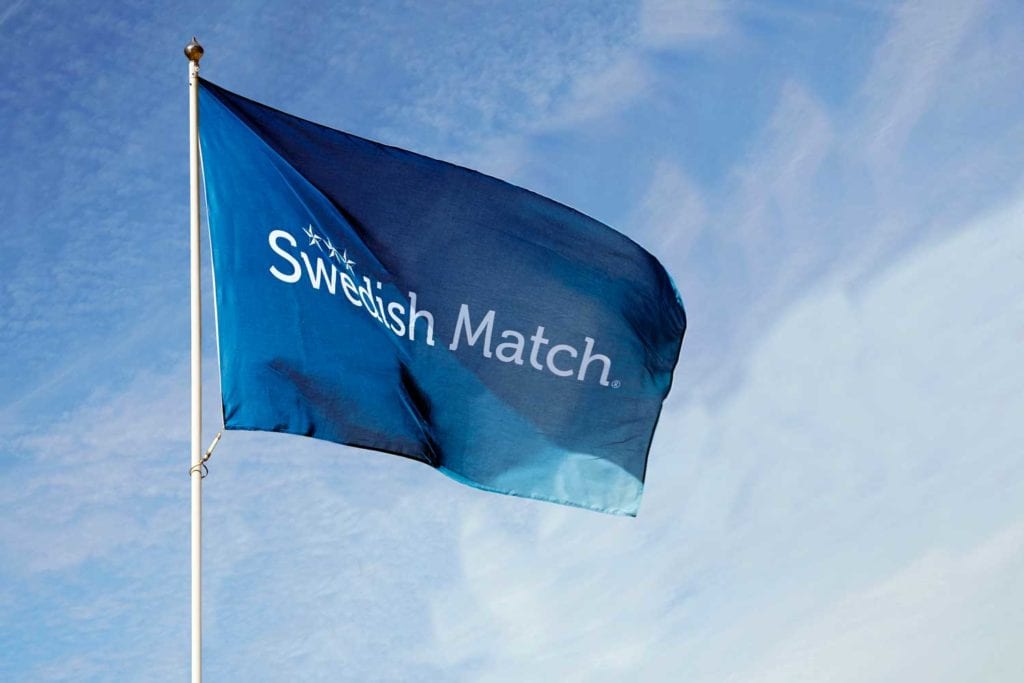
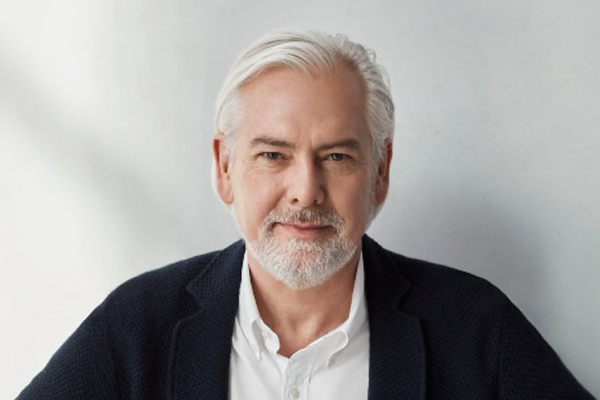
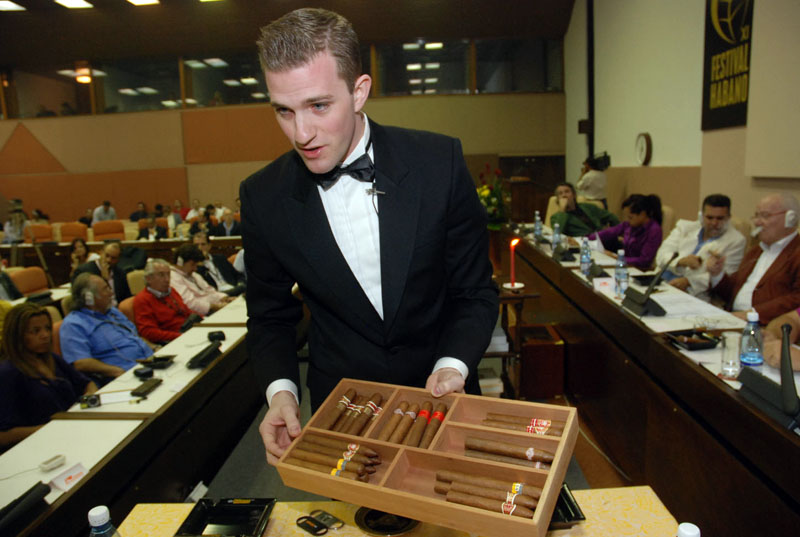


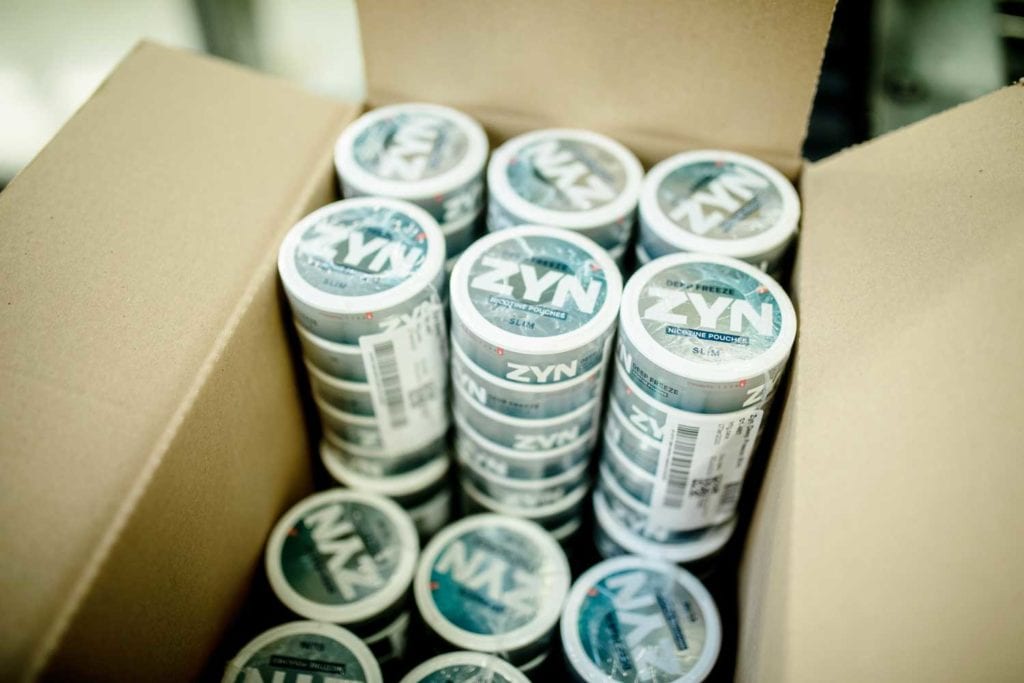




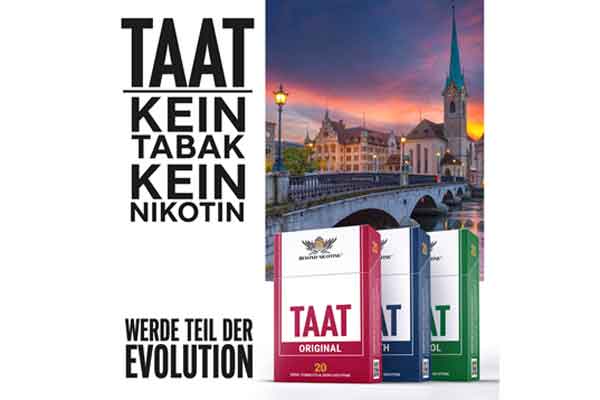
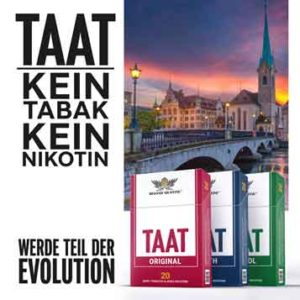 Taat Global Alternatives is preparing to introduce its tobacco-free cigarettes in Switzerland
Taat Global Alternatives is preparing to introduce its tobacco-free cigarettes in Switzerland




